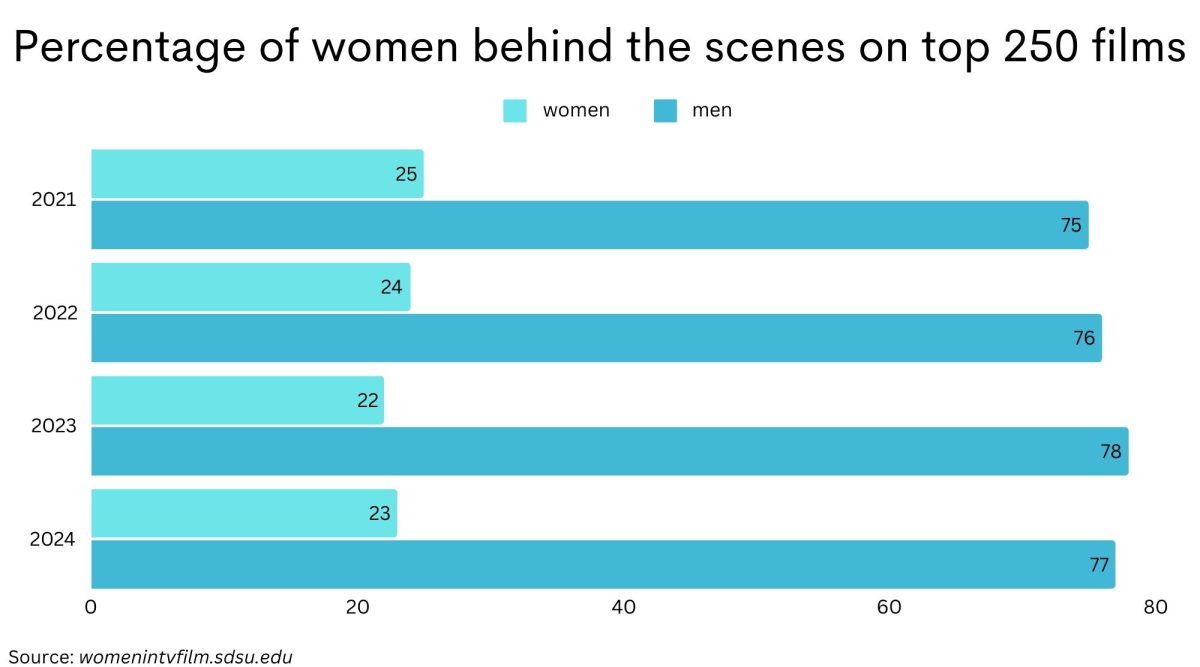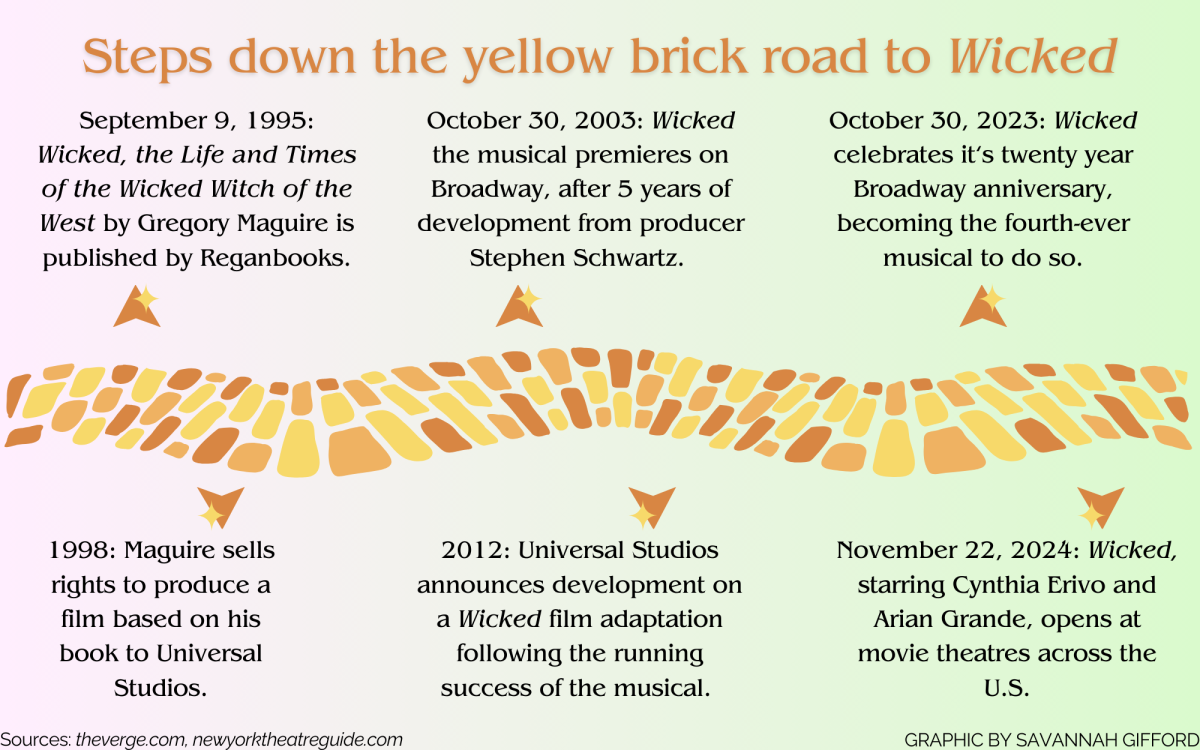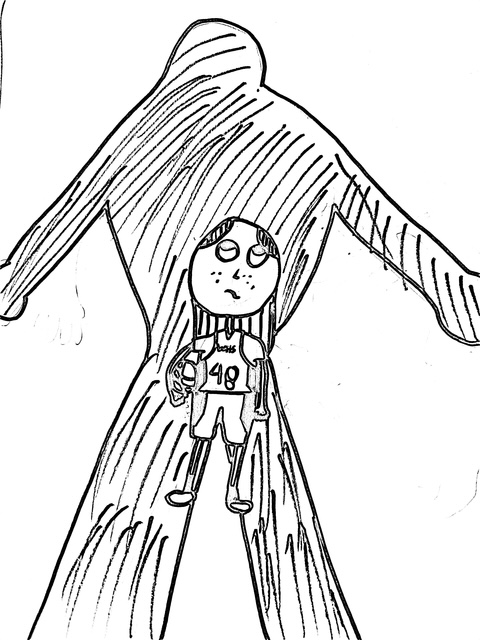It’s a Tuesday afternoon, you’re sitting on the couch, watching the second half of a basketball game between two teams you don’t care about. Both teams are out of playoff contention; the game is already decided with one team up by 30 points. Still, your heart is racing because the player you bet on to score over 15 and a half points has only seven points, and time is running out.
The game ends, and your bet is yet another loss. You’re now out $150 because of one click on your phone. Seemingly, the only way to make up for the previous losses is to keep betting until you get all your money back.
This mindset creates a downward spiral that can become very harmful and distracting. It’s more than just losing money quickly. Sports betting has become a very dangerous addiction while growing increasingly popular in youth culture.
Though sports bettors in casinos and other in–person venues have to be at least 21 years old, many online platforms only require wagerers to be at least 18 years old. Online betting has reached many under the legal betting age. More teenagers are being drawn into gambling, primarily due to the extreme prevalence of online betting platforms, according to cbsnews.com.
Many applications like PrizePicks or FanDuel Sportsbook strategically advertise on social media and television, promoting incentives that seem too good to be true. For example, PrizePicks has a “Play $5, get $50 instantly” offer that draws in many first–time bettors. These special offers drive new users to these apps and perpetuate addictions.
However, these incentives are not always true and can be misguiding. DraftKings, another well–known sports betting company, was recently accused of deceiving gamblers with misleading promotions that targeted bettors who have lost money to sports betting in the past, according to esportsinsider.com.
Sports betting has become dangerously accessible: the rules prohibiting youth from betting on sports are easy to surpass. Teens who are not able to legally place bets are finding ways to slip past the guidelines through older siblings or friends. They also use false documents to fake their age online, according to washingtonpost.com.
As sports betting has become more accessible, there has been a staggering increase in play. The total amount wagered in the U.S. in 2024 was $147.9 billion, a 23.6 % increase from the previous record in 2023. Bettors have been moving away from in–person betting, with 95% of wagers in 2024 placed online, according to frontofficesports.com.
With more bettors on a daily basis, there is a rising number of cases of sports gambling addictions. People who create poor gambling habits for themselves can become distracted and lose themselves in their addictions, so much so that it affects people’s moods and character. Many addicts have trouble sleeping and can become poor-tempered, according to nytimes.com.
To make matters worse, there is very little help for those who struggle with sports gambling addictions. For every dollar states have generated from commercial gambling, .0009 cents were invested in problem gambling services, according to ncpgambling.org.
Betting on sports games has gone beyond at–home bettors in the past. Pete Rose is an infamous example of what not to do after making millions of dollars as a professional athlete. Rose set the all–time Major League Baseball record in hits, with 4,256, which would certainly qualify for the Hall of Fame, but his name is nowhere to be found in Cooperstown. The reason for this is because after retiring as a player in 1986, the MLB found out that he was placing bets on Cincinnati Reds games while he was manager of the Reds. He was later banned from baseball for life and fined by the MLB, according to sportingnews.com.
Many believe that sports gambling is not that dangerous and, at worst, bettors will not lose too much money. However, sports betting can be very harmful to people’s mental health. Many online platforms only care about taking money from gamblers, without any thought for how gambling affects people.
These companies need to have stronger regulations to protect players’ safety, especially for those under the legal age requirements. Currently, too many younger teens are being negatively affected by sports betting, and companies are not reinforcing their guidelines. If this pattern continues, the betting influence will only expand, increasing the risk of sports betting addictions.



























